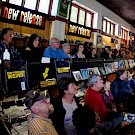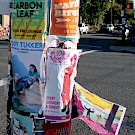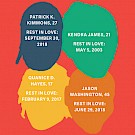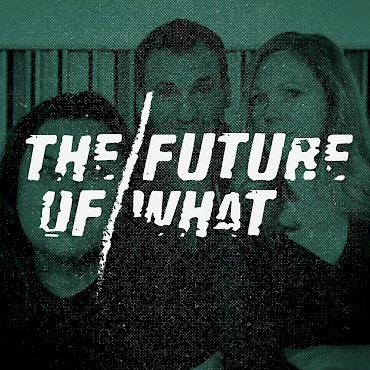 A career in the creative class can seem like an enviable lifestyle where people get paid to do what they love. In reality, it’s a grind to make a living—let alone become successful—as a creator. We’ve talked about these issues in regards to musicians, but what about other artists in the recording and performance industry? We sat down with comics Andy Wood and Shane Torres ahead of the ninth annual Bridgetown Comedy Festival to discuss.
A career in the creative class can seem like an enviable lifestyle where people get paid to do what they love. In reality, it’s a grind to make a living—let alone become successful—as a creator. We’ve talked about these issues in regards to musicians, but what about other artists in the recording and performance industry? We sat down with comics Andy Wood and Shane Torres ahead of the ninth annual Bridgetown Comedy Festival to discuss.
“We’re in this culture right now where everyone wants to be a creator,” Andy Wood, founder of Bridgetown Comedy Festival, tells us. “[Stand-up] looks like the easiest performance art form to get into, because theoretically all you’re doing is getting up behind a microphone and saying words.”
While both the music and comedy industries have seen a boom in those trying to “make it,” the comedy world sees a particular inundation due to the low cost required to call oneself a comedian. Former Portland comic (now based in Brooklyn) Shane Torres agrees. “No one would pick up a guitar for the first time on stage,” he says, “but you could do nothing and step up on stage one time at an open mic and say you’re a comedian.” He puts it another way, saying, “You can literally play a wrong note when you’re playing an instrument; that is a nonexistent theory in comedy. There’s only the wrong player for the note.”
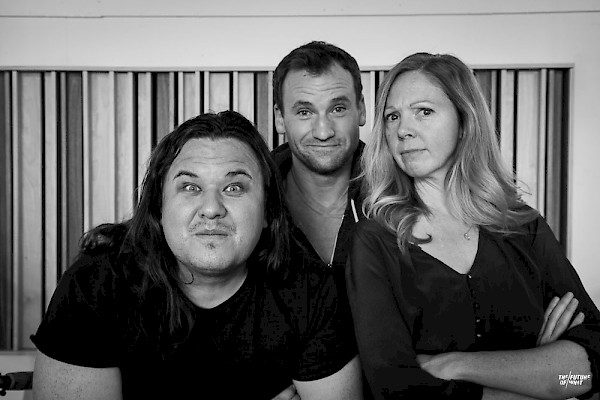 Shane Torres, Andy Wood and Portia Sabin: Photo by Will WattsComedians and musicians share similar revenue streams like record sales and tours, but comedy show pay models are often structured differently from concerts. Wood elaborates: “Comedy has a middle class that I think music might not have. There’s this system of comedy clubs with a standardized pay system.” This format means more income for live acts. Wood goes on to say, “It’s weird that we have that but also good because you can make a middle class living for a long career and be someone the average person doesn’t know by name or face at all.” Still, like music, Torres says, “You have to be in love with it to keep doing it. It’s too hard of a thing to do [otherwise]... There are so many more profitable businesses you could be in.”
Shane Torres, Andy Wood and Portia Sabin: Photo by Will WattsComedians and musicians share similar revenue streams like record sales and tours, but comedy show pay models are often structured differently from concerts. Wood elaborates: “Comedy has a middle class that I think music might not have. There’s this system of comedy clubs with a standardized pay system.” This format means more income for live acts. Wood goes on to say, “It’s weird that we have that but also good because you can make a middle class living for a long career and be someone the average person doesn’t know by name or face at all.” Still, like music, Torres says, “You have to be in love with it to keep doing it. It’s too hard of a thing to do [otherwise]... There are so many more profitable businesses you could be in.”
There are plenty of parallels between the music and comedy businesses, and, as Wood puts it, “It’s the best art form for delusional people.” While not everyone can be the “Nickelback of comedy” and sell out arenas for a mediocre product, it is possible to do well, as Wood and Torres have, and they wouldn’t ask for any other job. “The first time you get a laugh is the most dangerous set you can have because it’s going to make you keep coming back,” Torres says.
This episode features comedy and music by:
Ian Karmel: “Cookie Butter”
Emily Heller: “General Loser Community”
Delta 5: "Mind Your Own Business”


